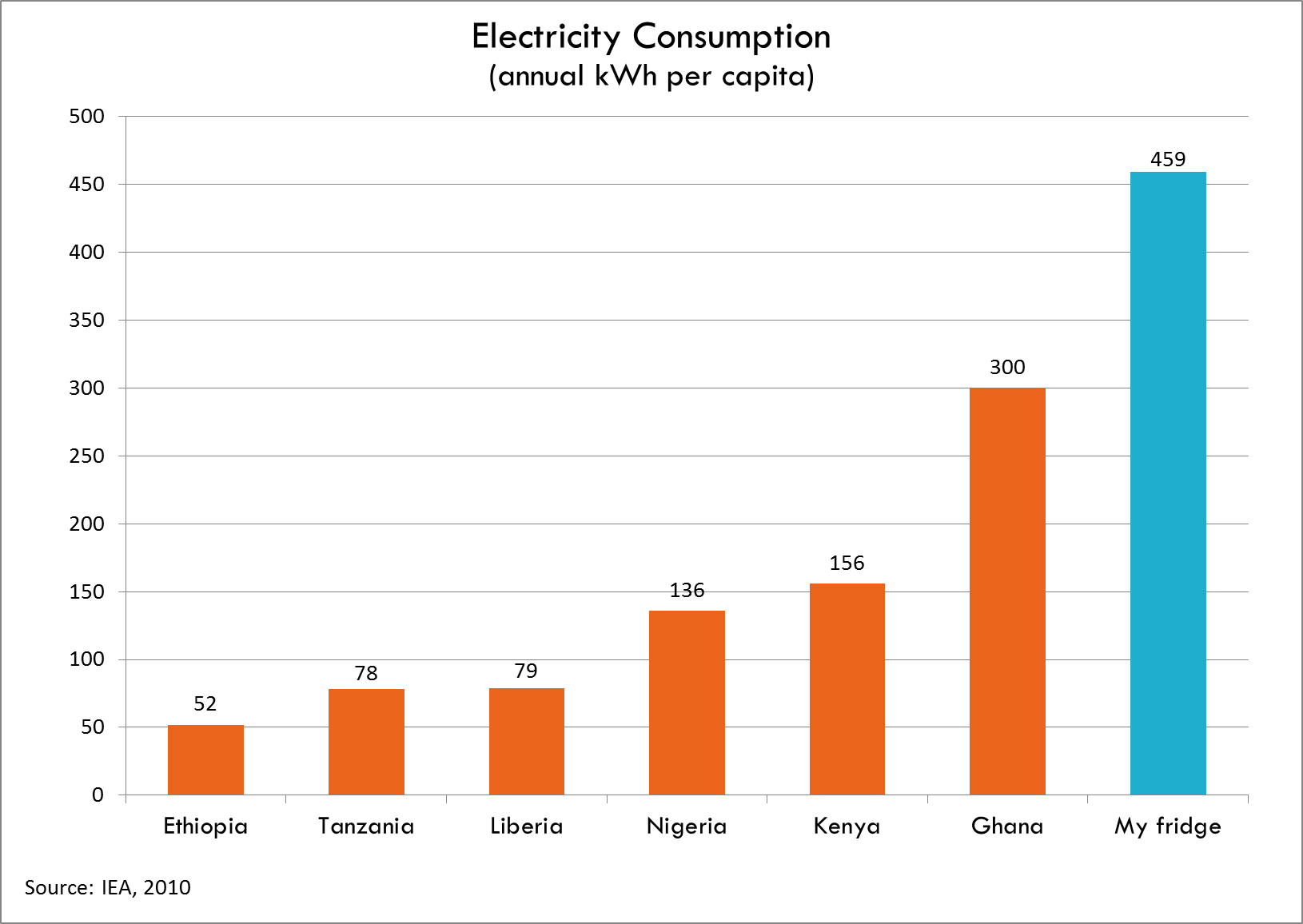Our goal is a wonderful quality of life for ten billion people with zero carbon footprint. Where do we get that “10 Billion” number from?
The number comes from global population data, and it should hold steady. Hans Rosling explains:
Hans Rosling had a question: Do some religions have a higher birth rate than others — and how does this affect global population growth? Speaking at the TEDxSummit in Doha, Qatar, he graphs data over time and across religions. With his trademark humor and sharp insight, Hans reaches a surprising conclusion on world fertility rates.
As Rosling illustrates, we’ve achieved “Peak Child”. The population will stabilize at ~10 billion people. This is alarming to those who consider population to be the biggest factor in our environmental problems. But as Robert Wilson, in “Population Growth, Addressing the Real Problem” points out:
Getting people to produce fewer babies - they already are - is a far less important challenge than getting them to consume and produce energy more rationally. It is time we worried more about rich people driving luxury cars than poor people having more babies.
No time to read that? Then check out this infographic which shows how an “energy saving” single-family fridge compares with the power consumption of an average citizen in six African countries (with thanks to Todd Moss):

This numbers are shocking. The average citizen of Kenya uses 156 kWh per YEAR - while, as we see from the chart in the sidebar (and on David MacKay’s website), the average citizen of the UK uses 195 kWh per DAY. That makes one English citizen consume the equivalent of ~400 Kenyans.
Which brings us back to the race to be the first net zero carbon state with the best quality of life. If it can work in the United States, it can work anywhere. If we can win the race here - sustainability is possible.
Follow Hans Rosling @HansRosling
Follow Robert Wilson @PrimedMover
Follow Todd Moss @ToddJMoss
Is the number of people important, or the consumption per person? Below, in the red graph, is David MacKay’s estimate of the energy consumption of an average citizen of the UK distributed among the different uses of the energy. The total adds up to 195kWh/day.
Footprint to Wings is ad-free and has taken thousands of hours to research and write, and thousands of dollars to sustain. If you find any joy and value in it, if you want this platform to be the best it can to help you take your state to net zero carbon, please consider becoming a Member and supporting with a recurring monthly donation of your choosing →
™ & © Footprint to Wings Inc and its Licensors, except where noted. Powered by InterServer.




